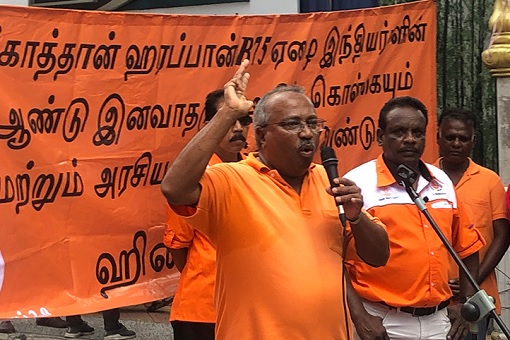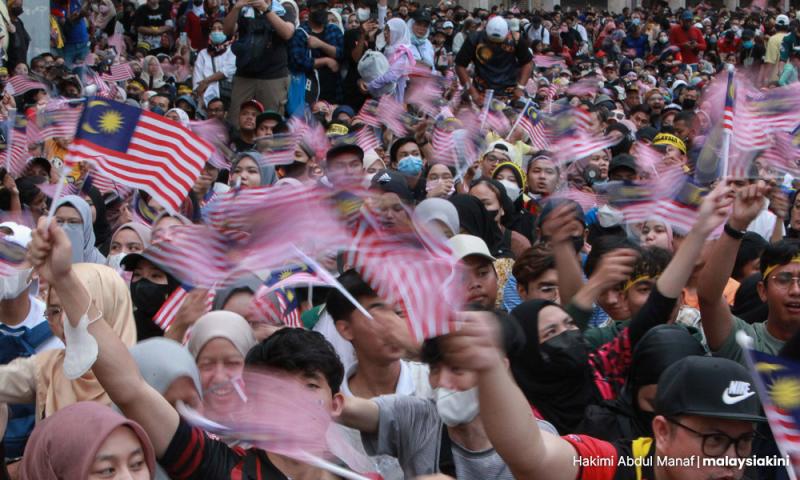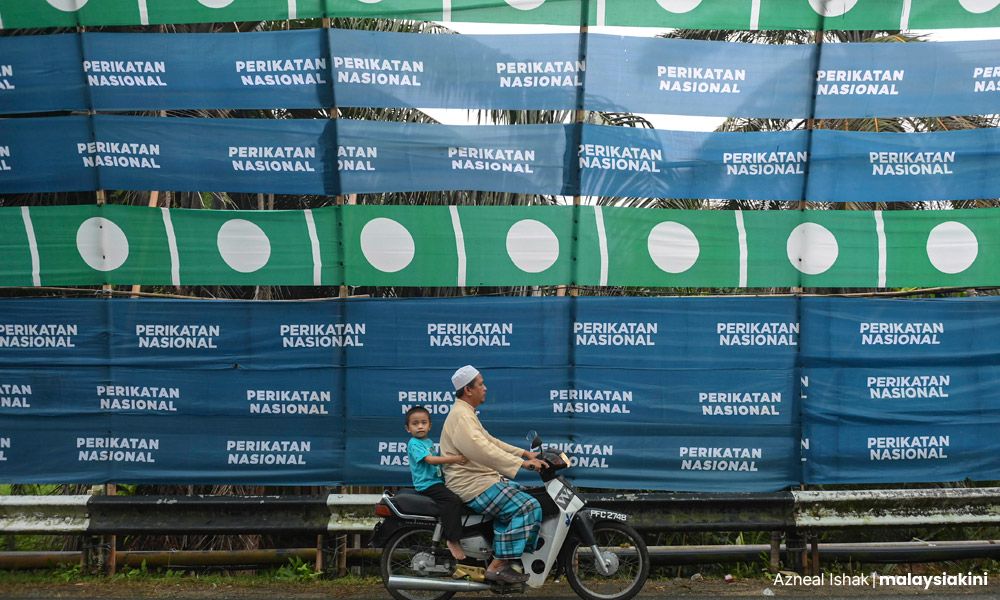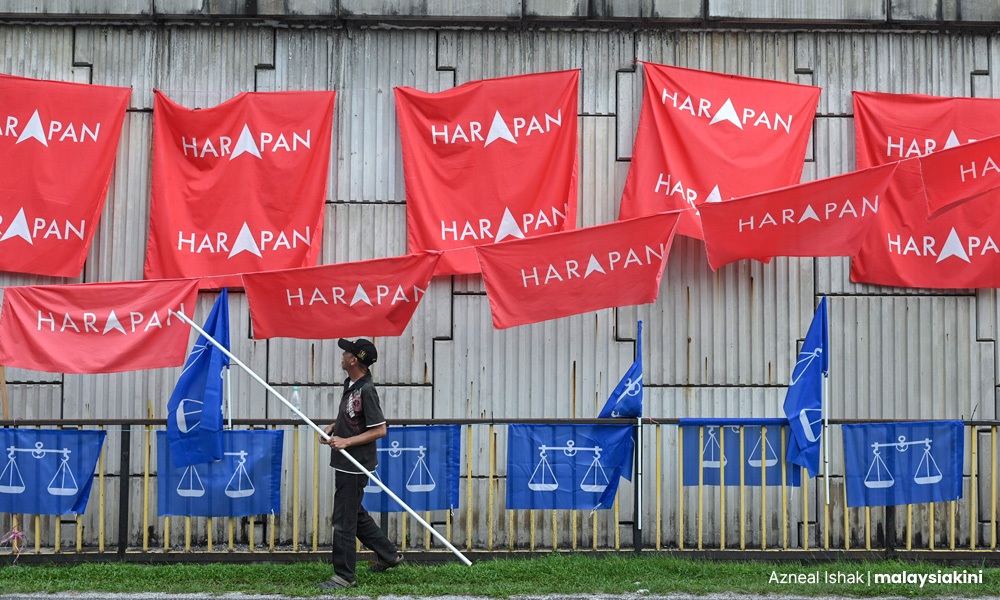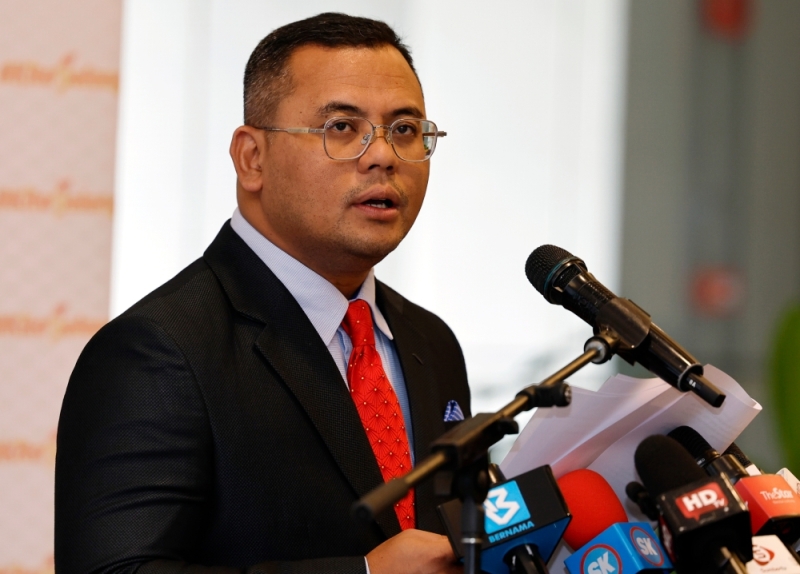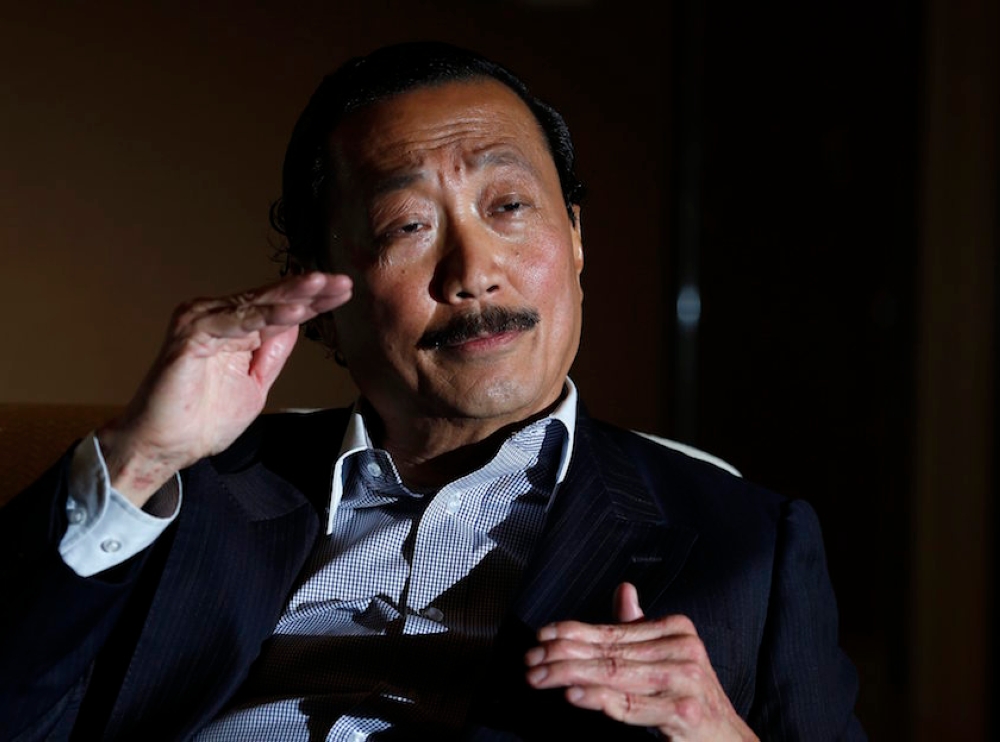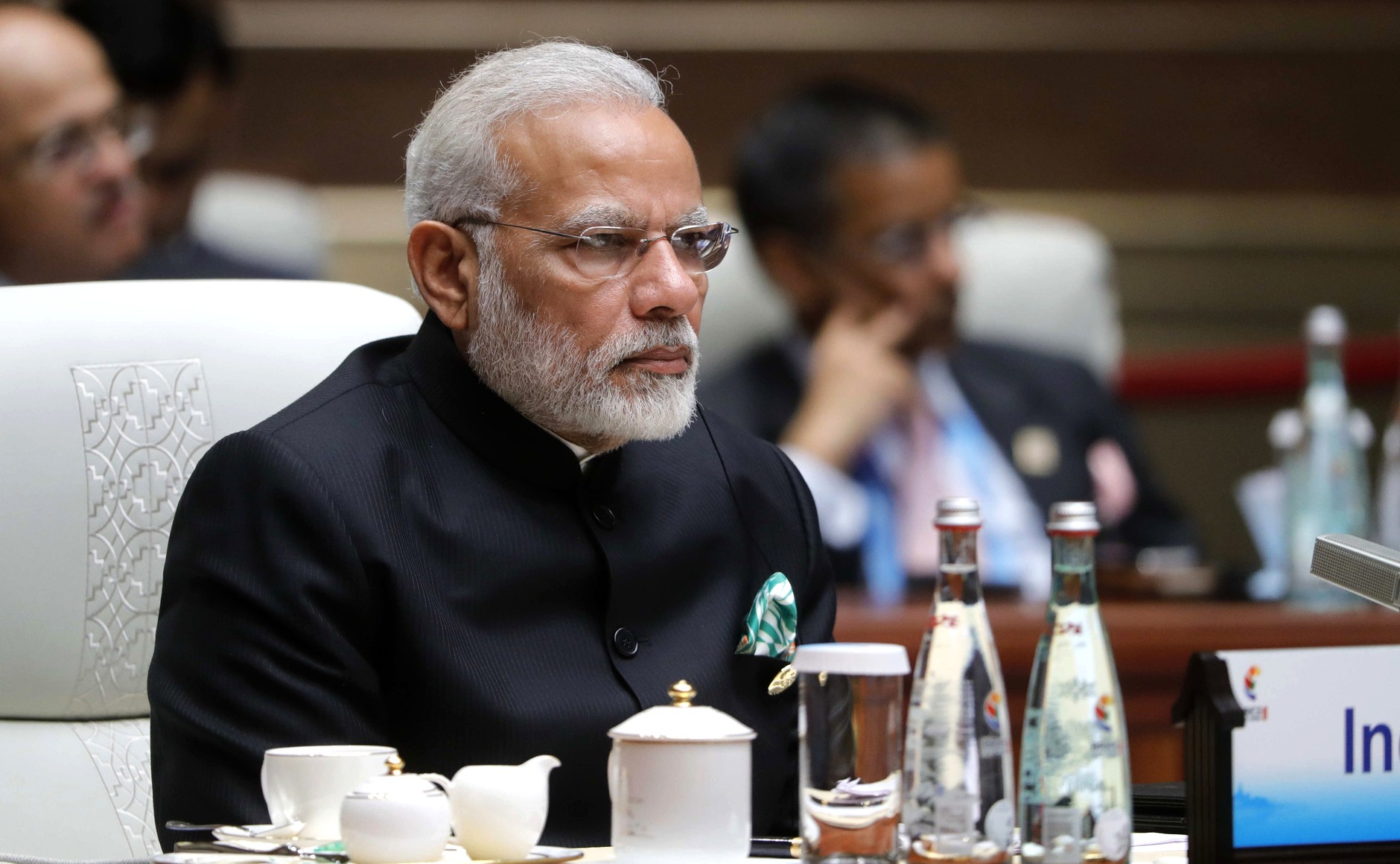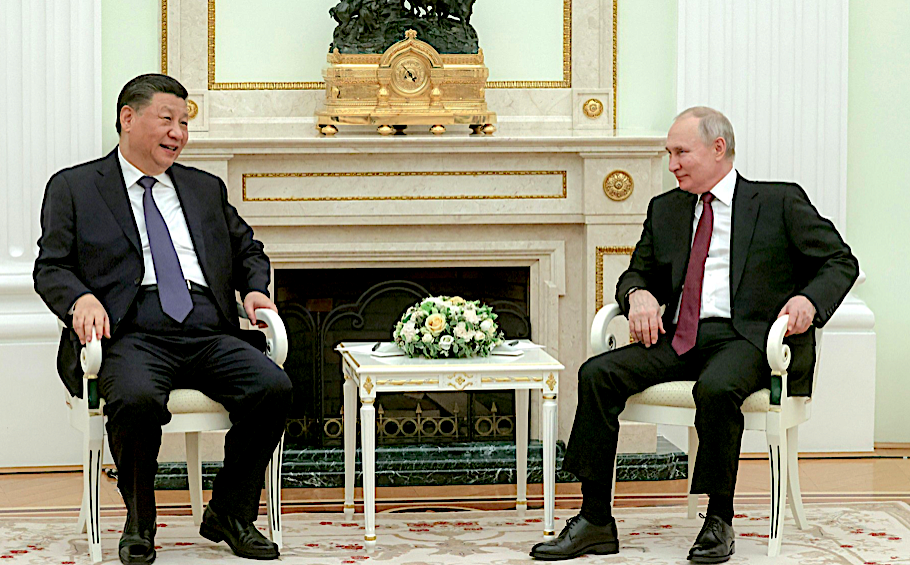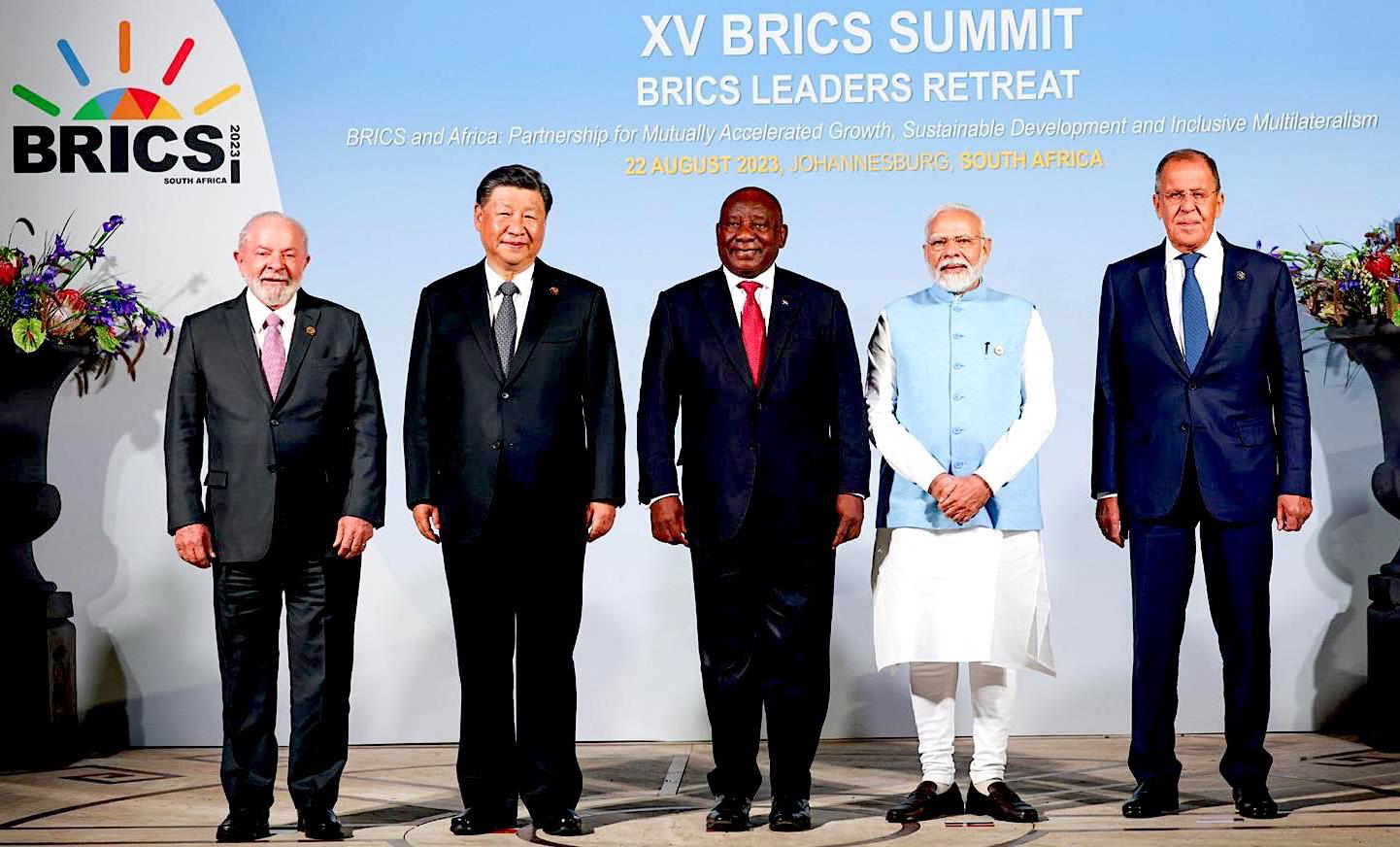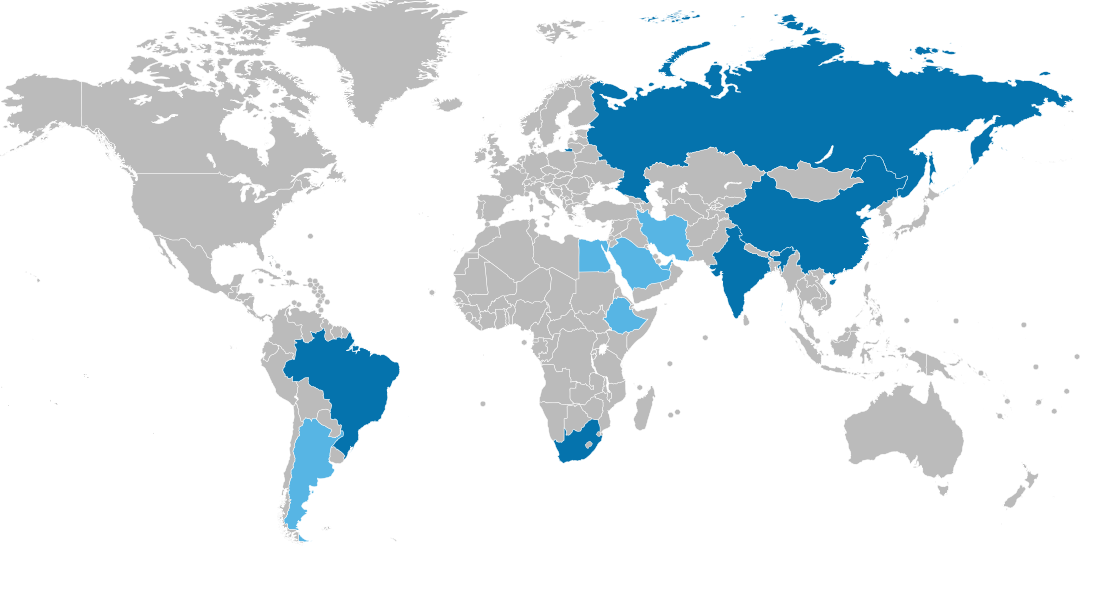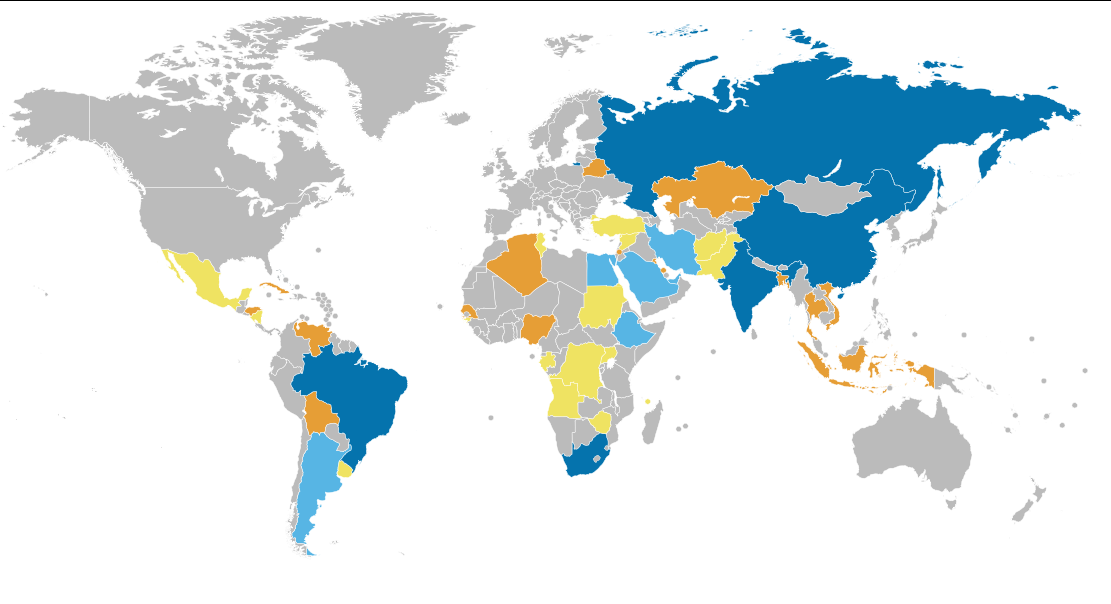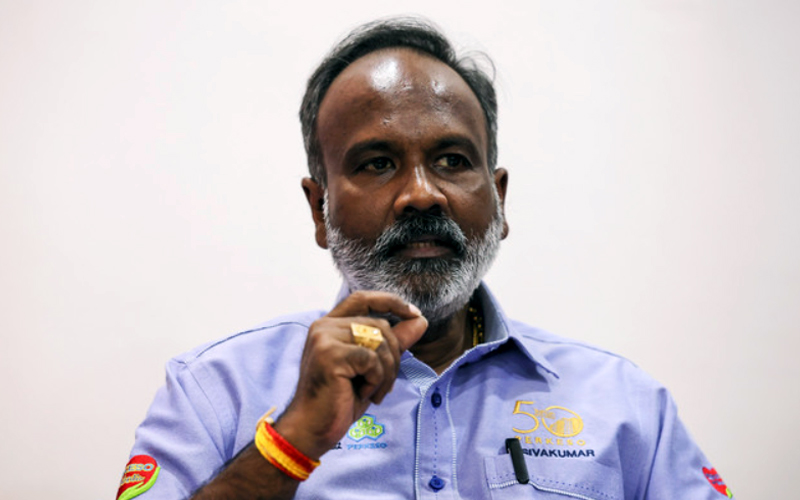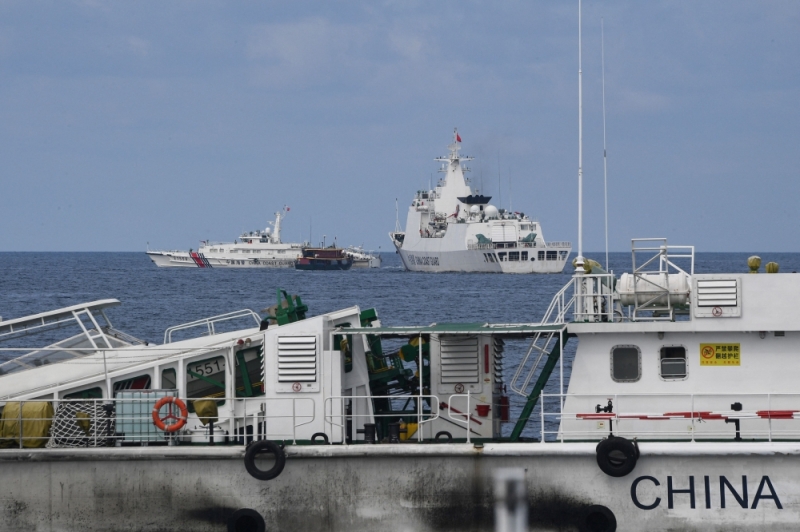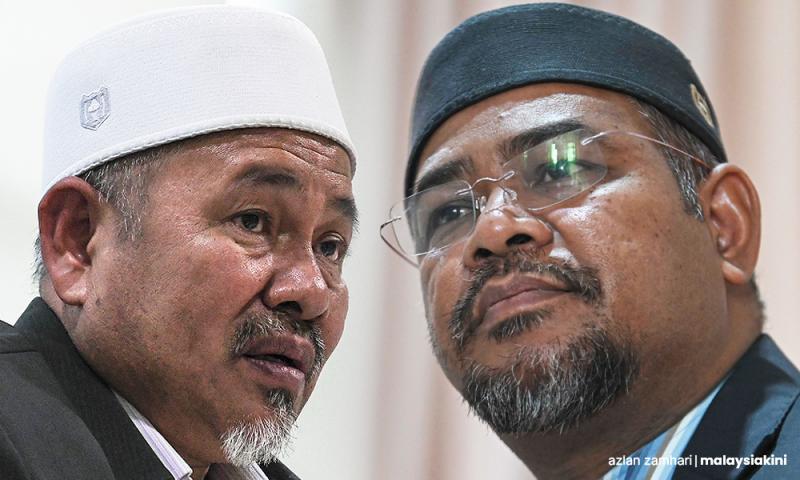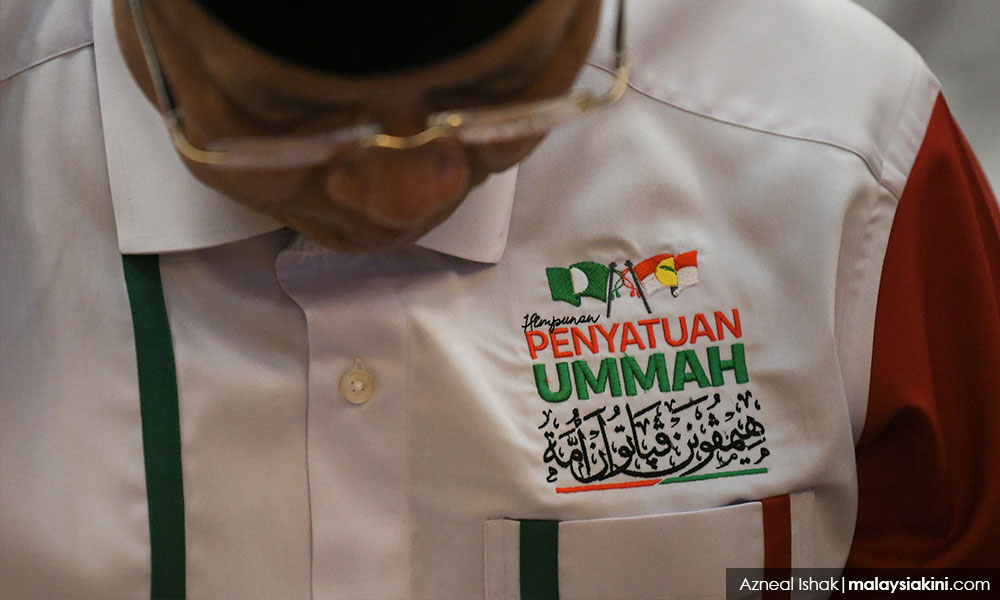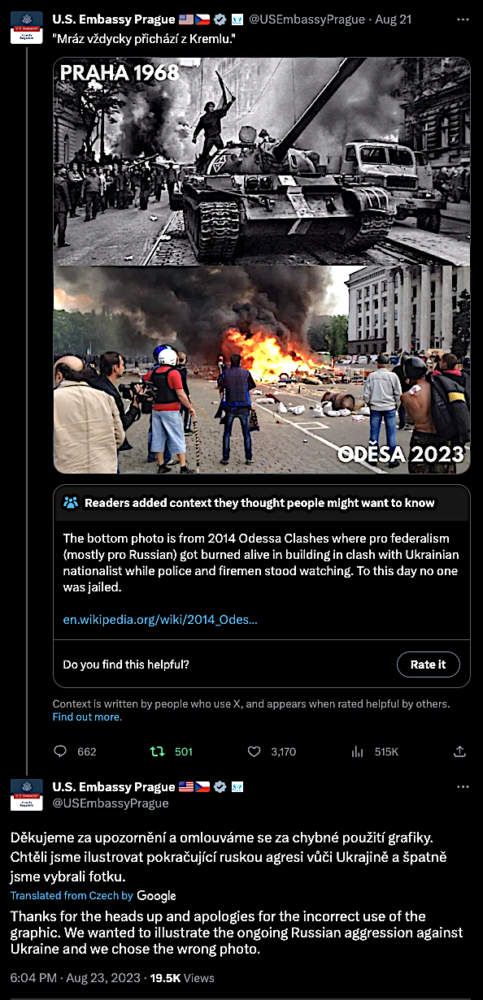
Unity – Formula For Malaysian-Indian Success?
After 9 months of the Anwar Ibrahim administration, the Indian community is the one that has benefited the least. Members of this community have now started looking inward – “Have we been duped?” “Why is the community in dire straits?” “Have we, as a community, done the right things?” “Is it our own fault? Have we become like this because we are disunited?”
The last question is one that deserves attention even if, time and again been repeated like a broken record. Almost every single expert on the subject plus commentators, politicians, educators, and concerned Malaysian-Indian citizens converge on one point; that disunity within the community is among the root causes of its failure and Indian unity is imperative, fast. I wish to put forward an alternative view.
Is unity a mandatory recipe for minority wellbeing? Why do we keep pushing for something that has a very low probability of happening? We will lose focus of achievable in trying to accomplish something with a low likelihood of success. We should instead direct our focus on the achievable. After 65 years, the community has not progressed much. Are we going to waste another 65 years attempting to unify the race?
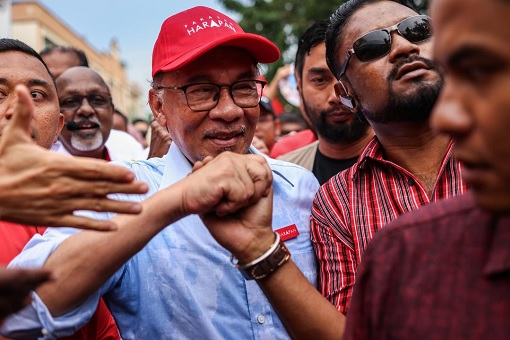
In the end unity may or may not come. Therefore, we should quit chasing. Instead, identify assets and strengths that the community possesses, work on them. Even Prime Minister Anwar Ibrahim got fooled into thinking the way to go for Indian advancement is through unity. A couple of months back, he urged Indians to unite and propose ideas to him. This is bad advice considering his failure to bring unity to his own community and one that will cause considerable delay in implementing concrete policies for Malaysian-Indians.
An attempt to unify Malaysian-Indians needs a great deal work; mental revolution of a large scale which include constant social media bombardments, face-to-face counseling, group counseling, a daily dose of positive unity indoctrination, cooperation from the Indian intelligentsia, elites, and the middle class. Will individuals in these groups associate themselves with labor-class Indians?
What is going on now is: when a non-Indian criticizes the labor class Indians, the Indian elite, the educated, and the middle class agree and add to the criticisms. The Indian poor is defenseless. Even in a situation when the poor Indian is wrong, do we really need to add to add fuel to fire? The Indian poor want to court the groups better-off than them but there is no reciprocity.
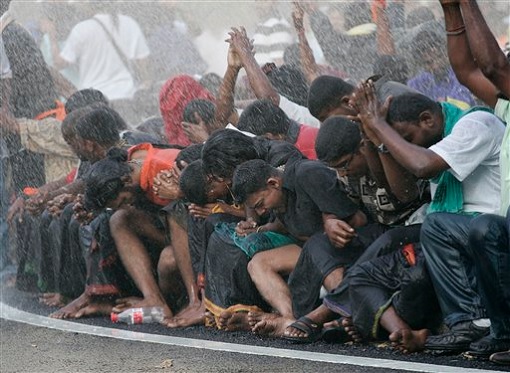
We, Malaysian-Indians, have created our own version of the caste system. How many of you will have the courage to admit that the drunk Indian guy, passed out on the curb is of your kind? The typical Indian will provide a myriad of reasons to establish that he or she is of a different mold or different league than the drunk. Wouldn’t it be better if one comes to terms and acknowledges the fact and find reasons for what causes such social ills and solve them instead of running away from it?
If you decide to help the drunk on the street and provide the best advice you can, yes, he is likely to end up in his abyss the very next day, but that does not give us the right to completely disassociate ourselves from one group of the community that needs long-term attention through narrowly-tailored, special approaches. Any person who has not done enough to elevate Indian lives in Malaysia has no right to criticize them.
It is interesting to note that Malaysian-Indians are not unlinked in every aspect. There are instances where members of the community have shown solidarity when they want to. In almost all cases of indigents needing funds for higher education or for healthcare, donations pour in, not in hundreds or thousands but in hundreds of thousands of ringgit. The same people will not unite or lift a finger when an Indian kid is being beaten up.
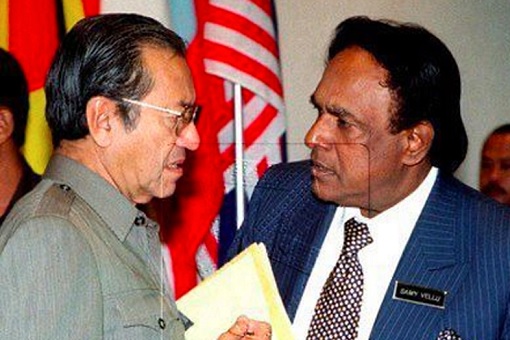
Likewise, there is a serious absence of accord in the area of political unity; the primary reason being loss of faith in politicians, with MIC owning the lion’s share of it. Today, a sizeable number of Indians have no trust in politicians anymore. Whether there are genuine, sincere leaders out there has become irrelevant because the perception that there aren’t is what matters. Whether they will regain trust when a perceived truly, completely unblemished, untainted leader, sort of a savior shows up is for the reader to guess.
If There Is No Political Unity, Then How About the Hindraf Rally? That Was Political Unity Right?
Correct. The Hindraf rally was of a political unity type. It was nevertheless a pre-existing unity engendered by years of hopelessness and a hatred of Mahathir and the MIC. The frustration in turn generated a common ideology, that is, to end BN rule and to completely do away with MIC. This was automatic unity, not by design. At that point of time, Indian fury had reached boiling point. The time for the mass protest was ripe, just waiting for a spark. The spark was the series of gatherings organized by the Ponnusamy brothers culminating in the larger November 25, 2007 rally.
UNITY, KEY FOR UPLIFTMENT?
The Italian Example
Italians are known for their disunity. As a group they achieve very little. However as individuals they are great achievers. Throughout history, the Italian name has been carved in all facets of life, ranging from technological inventions to fame in religion, art, design, fashion, and sports. Columbus, Da Vinci, Galilei, Machiavelli, Paul VI, Ferrari, Fibonacci, Versace, and Marciano will forever remain in people’s minds. While still being debated, many believe the name America came from Italian explorer Amerigo Vespucci.

Consisting of many different ideas and ideologies, Italy, as a country is so much divided. Italian disunity is not new. The Roman Empire witnessed marked animosity between the Emperor and the Roman Senate which lasted many years. Even its Mafia is split by the various family ideologies. Current day Italy is predominately Italian by race and Catholic by religion yet faces many challenges with regard to unity. She is divided along many fault lines, mainly political and ideological. Yet Italy is the 10th largest economy in the world.
The New India
With numerous religions, scores of languages, hundreds of dialects, and thousands of political parties, India is perhaps the most fragmented country in the world. Today India is growing and progressing at a rapid rate. Once a world capital for beggars and famine, India is now second to none in Science and Technology especially in Information Technology (IT).
The recent landing on a hostile, unexplored area of the moon is testament to this. India did not suddenly transform into a united country spearheading the progress. Religious, ethnic, caste, clan, and regional rifts have not dissipated at all yet it is returning to its heyday of a thousand years back. India has proven that while unity is important for success, it is not the main recipe or a mandatory factor to achieve it.
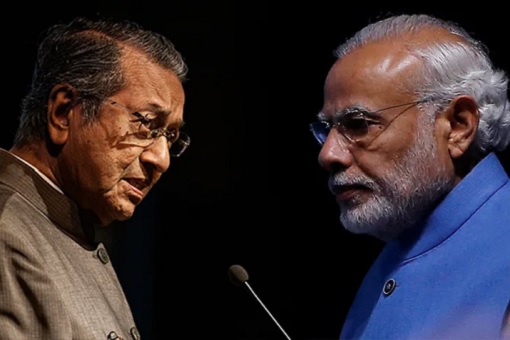
The Terrorist Example
The amount of damage done and the number of goals terrorists achieve is mind-boggling. The whopping amount of money, effort and other resources countries expend to fight terrorists serve as a reminder of the power of a small, highly-motivated segment of a community. The impact of terrorism is extensive, extending beyond space and time and cannot be measured by lives and dollars and cents only.
Who carries out such acts? It is a no-brainer that in any religion or group, the super radicals who turn into terrorists are a minority of the whole. While China-styled unity has given rise to commendable accomplishments for that country, one can also argue that a visibly fractionalized United States boasts 200 years of American global dominance, meaning unity is not a prerequisite for triumph.
THE MALAYSIAN-CHINESE
The Chinese community in Malaysia is very united. Whether this is a fact or perception is extraneous to the issue because the consensus points to the affirmative and is often used as a yardstick for non-Chinese communities to adopt. In Malaysia, the Chinese have an affinity for self-employment. Financial independence is paramount to almost all Chinese.
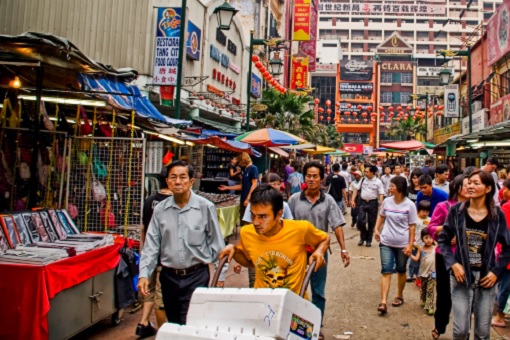
The uniformity in outlook may have emanated from episodes in history perhaps going back to Emperor Qin Shi Huang’s as well as Mao’s unification agenda. The same cannot be said about the other main ethnic groups. Each race evolved differently with different histories spanning hundreds, if not thousands of years giving rise to different priorities and values each holds dear to. As such, the degree of cohesion varies from race to race.
Further, we cannot compare Chinese unity with Indian unity because of differences in population size and ethnic diversity. The 23-25% Chinese in Malaysia are divided by only dialectic differences. The meager 8-9% Indians on the other hand belongs to various sub-ethnicities, languages, religions, and cultures, splitting them further, causing each group to possess only negligible power.
We do not require absolute esprit de corps for success. In fact we don’t even need two-thirds of the community to be united for that. Many things can be accomplished with the support of simple majorities. If a percentage of a community is devoted to positive and noble changes (as opposed to negative, as in the case of religious fanatics), success will come, slowly but surely. In the process, the active, the motivated, and the patriots can graciously allow the naysayers, the apathetic, and those living in oblivion to remain in their unique conditions as long as the latter do not play killjoys.
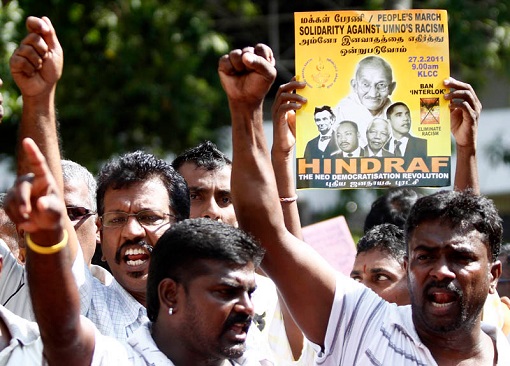
Unity can be a double-edged sword. Too much unity can rattle diversity in thought and fresh ideas. It can also lead to sheep behavior – following the majority blindly. Some variety in creed and credo is always welcome. Paradigm shifts cannot arise without diversity in opinions. I’d like to warn that if we continue to hold on to the conviction that unity is a precondition for success, the community may forever be trapped in the pursuit of it.
Finally I want to make it absolutely clear that I am not giving excuses for Malaysian-Indian failures. I am merely putting things into perspective. Reiterating what has been mentioned earlier; instead of struggling to cause unity, Indians should instead identify assets and strengths that the community possesses, build on them, and involve various stakeholders, dedicated groups, cast off naysayers, and move forward continuously without waiting for supermajority consensus.
The habit of taking breaks or pausing need to be tossed off. We are racing against time. I wish to repeat here one thing that I have mentioned in my public speeches and in some of my writings – The Malaysian-Indian loves to talk, hence, precious time for actions, lost. The first step toward change is to talk less and work more. Do that!
Contributed by: Professor Dr. Suguman Narayanan
